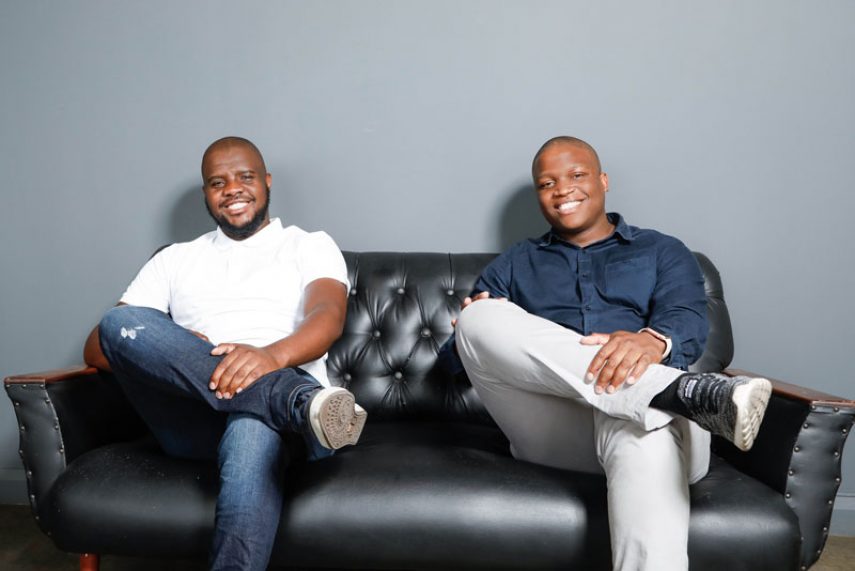GETTING to and from work is expensive and time-consuming and gridlock is problem in most of South Africa’s big cities.
This is the problem Gugulethu Mhlanga and Simphiwe Kuse set out to solve with a clever app that they hope will transform the lives of thousands of commuters: a ride sharing app called City One.
It’s a service designed to offer a viable alternative to the daily commute in a self-driven vehicle. It operates much like any other call-a-cab system except you share your ride with others. You tell City One what time you expect to leave, from where, and your destination.
City One then links you to others in your vicinity who’re travelling at the same time in the same general direction, and bingo; you’re sharing the space and the fare.
According to the founders, City One drivers are subjected to a number of stringent tests for driving ability, character and trustworthiness. There are no charges involved in booking. You pay when you ride and may cancel, without charge, in advance, for any trips you can’t make.
Zimbabwean, Mhlanga and Eastern Cape-born and raised Kuse share a deep-seated belief that they can help decrease rush hour traffic congestion by building a commuting culture, while helping people reduce their travel costs.
According to the pair, average fares are significantly lower than the cost of driving your own vehicle, yet high enough the give the driver a fair income on top of the costs of fuel, maintenance and taxes.
Mhlanga and Kuse met when they were sharing a room at the University of Cape Town and are passionate about improving the quality of African lives through technology. They believe young people, from any background, can learn how to code and if many young people are taught the skill of coding, they can go on to establish their own companies that might solve many of Africa’s biggest struggles – from health, crime, finance and transport to food security and educatio
Mhlanga, 30, who comes from Zimbabwe, moved to Cape Town in 2010 and studied two years of mechanical engineering at UCT before he had to drop out of his studies due to lack of funds. He started a journey learning how to build iOS apps with no knowledge of coding and was hooked by what apps could do. He decided to defer his studies indefinitely. While holding a series of fulltime jobs, he learnt to code at night and weekends.
“My commute to work was with a housemate who owned a car while we both lived in Athlone, Cape Town. Every morning I would watch as people drove alone in their cars while struggling with traffic congestion, rising fuel prices and parking costs. It made sense that sharing vehicles would be an efficient way to commute but motivating people to do so and putting strangers in touch with each other would be very difficult,” he explains. Hence, he called on his former roommate, Kuse, to be partners in building City One.
Kuse, also 30, grew up in Engcobo, a small rural town in the Eastern Cape. It was while studying philosophy, public policy and politics at the University of Cape Town that he met Mhlanga. After graduation, he worked for the South African Government in various departments including the Eastern Cape Department of Transport, The Presidency (national) and Department of Justice and Constitutional Development.

